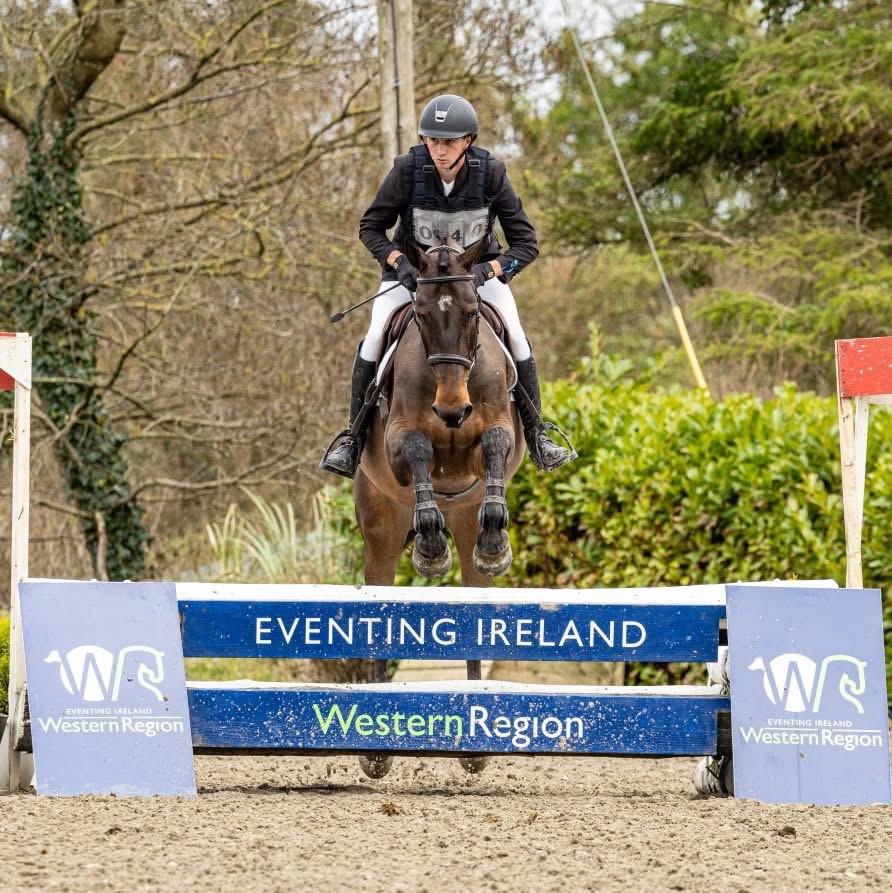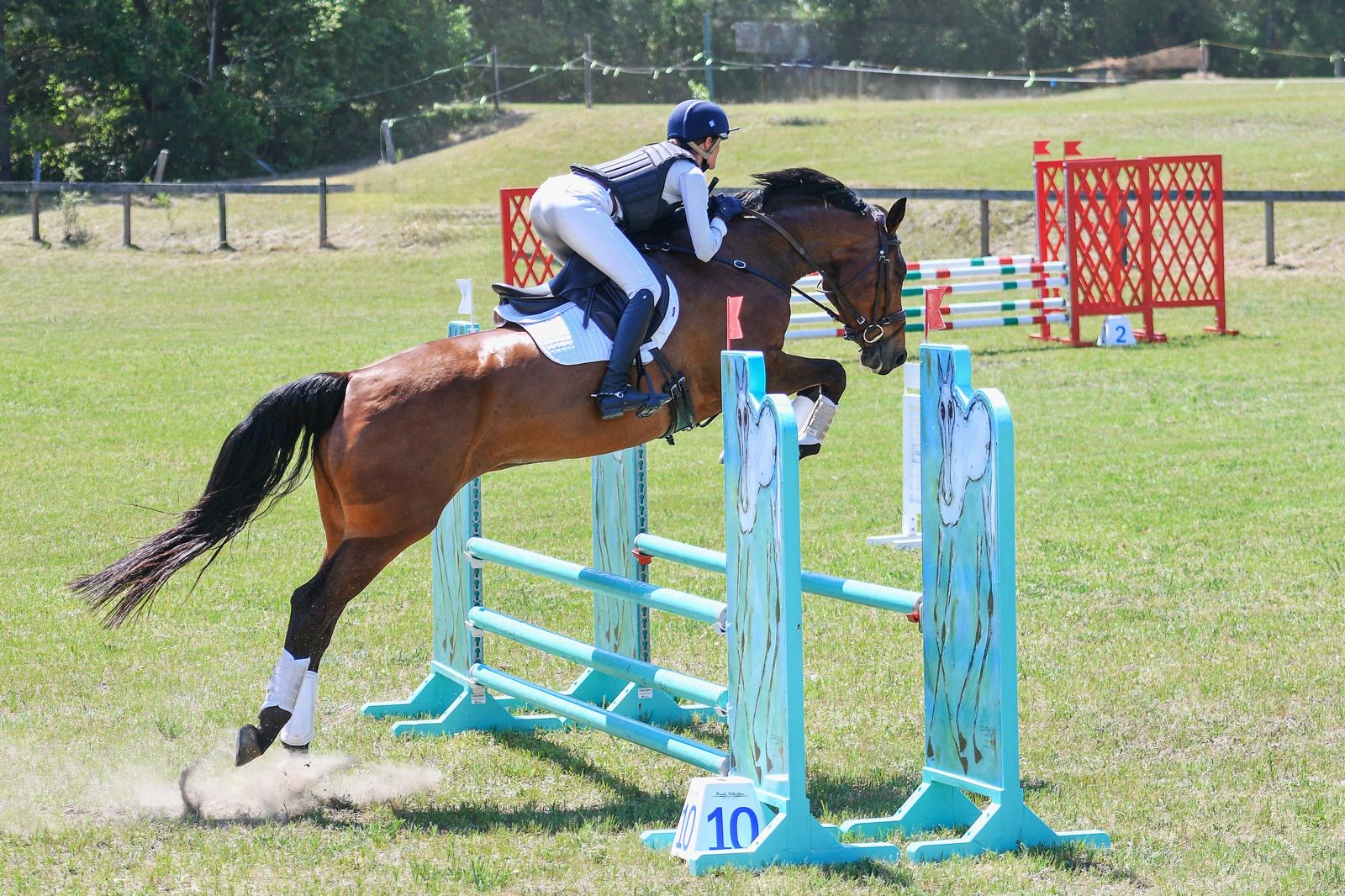EN favorite Colleen Rutledge returns today with her latest installment as an EN guest blogger. Needless to say, Colleen needs no introduction on EN. I loved reading about her off season insights and I hope you will too. Thanks for writing this Colleen and thank you for reading.
—-
Photo used with kind permission of the incomparable Nico Morgan.
From Colleen:
Oh, woe is me! What ever am I to do this time of year? There are no events around me. Something about the threat of snow and ice and frozen lumpy ground seem to make event organizers nervous? Did they forget? We are eventers! The toughest of the tough. Unless it’s hot, or raining, or icy, or really windy and cold. Ok, really, is it too much to ask for perfect weather ALL year round? Just kidding. This time of year is my favorite time to play what I like to call ‘In a perfect world’. This is where I sit down and with next year’s calendar, I write down all of the events that I would like to do, if it was a perfect world, with an unlimited checkbook, and horses who are never stupid enough to get themselves hurt and with students who grasp every lesson and absorb it immediately. Like I said, in a perfect world.
Really, this is setting my and my students’ short and long term goals for the next twelve months. Everything is always subject to change, but if you have an idea of where you want to go, it is much easier to plan a route. (You would never plan a long and time consuming road trip without consulting some form of map, would you? And if you would, please tell me first, I’ll get another ride.) Especially if you are planning on stepping outside of your comfort zone. This gives me the ability to plan my horses’ work schedule, knowing where the flexibility is (as a mother to three very interesting kids, this is a MUST, and it is a given that complications will fall into my life), as well as being able to budget my time and money.
Budget, you say? Yes, some of us upper level riders really do have to budget our finances. Every time I have to withdraw out of a show, I feel that pain in my checkbook, so I try to make sure that I have planned only what I can afford. I have to weigh very carefully experience versus risks, so, I won’t run my horses if they aren’t fit both physically and mentally (some of mine straddle that line all the time anyway, so I look for the more sane days). Everyone can relate to the times where a horse has exited the train to saneville and gone dancing over to the bus to crazytown. Where my flexibility comes in is that I have a few mid-level horses that I can interchange fairly easily and I try to mesh their schedules so that it is a possibility. My upper level horses are less flexible in their interchangeability, and they generally are already on the same schedule, but I try to be able to do the same. I have a limited amount of space on my trailer and a limited amount of help at the shows, so I have to limit my competition horses at each show. I spend a lot of time weighing pros and cons of each horses competing, when I finally do get around to a final schedule. Some end up not competing, and just schooling XC after the event (excellent money saver, but a little light on the qualifying side) and some need some extra help in other areas and back down the levels a little bit.
Confidence in event horses is one of the most important traits that is the easiest to destroy. My prospective plan assumes that confidence in the year will grow, not wither. Be very prepared to change your plans, the horses will tell you what is right, but only if you listen to them. If you are on your own, use a voice of reason–coach, knowledgable friend, someone who has experience at your level. Don’t be afraid to ask stupid questions, they’re only stupid if you DON’T ask. (Where was fence 12 again?)
Most importantly, give yourself permission to enjoy not only the time spent with your horse in the process of getting there, but when everything is going wrong. It sounds strange, but positivity is a conscious effort. Negativity is an unconscious state. You need to work to combat the negativity throughout the off season, so the the positive becomes habit. It’s just another skill that can be honed, only it can be done all of the time, not just when you are on horseback. When I have a horrible ride, I try to find one positive aspect first, then identify the negative aspects, but always come back to the positive. I do this for both me and my horses as well as my students.
–C




















